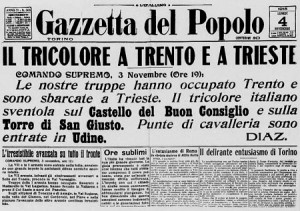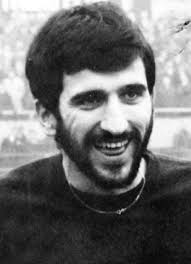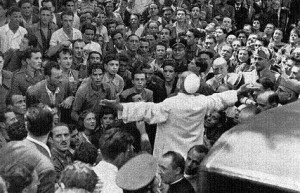Tuesday, 8 November 1960 John kennedy was in Boston. It was election day, and he was the Democratic Party candidate. His Challenger was Republican Richard Nixon. Kennedy stood at 7.30 You poked bracing and swallowed two tablets of amphetamines. He was suffering from terrible backaches time due to two serious injuries, a reported by Guy in a football game and the second in an act of war in World War II. His wife Jacqueline, married in 1953, was eight months pregnant with their second child and joined him in Boston to go to vote. After voting they returned at the headquarters of the kennedy family in Hyannis Port, precisely at the’ Home of Robert Kennedy. The election results were expected during the night of l’ 8 and the 9. In the Kennedy family and its collaborators meandered much agitation. John Kennedy flaunted a certain detachment and showed silent. About three o'clock in the morning it was clear that the poll focused on his behalf with 261 electoral votes, it lacked 8 for the win. In Los Angeles he resided on Nixon's headquarters, at l’ Hotel Ambassador. The Republican candidate appeared on television very disappointed and his wife Pat in tears. Pierre Saliger, Kennedy's spokesman, He invited John to present themselves to the media but received a solemn denial. John was eating a sandwich, It was too late for him and went to sleep. His brother Robert instead stayed up all night to monitor the various responses of those elections. Kennedy won with 303 electoral votes against 210 Nixon's narrow victory in the American system in terms of popular votes, the margin was tighter in history until the elections of 2000. In 1960 that gap was 112.881 ratings. Kennedy woke up at 9 of 9 November 1960, had breakfast with his wife and daughter Caroline and went for a walk on the beach. On his return, the news came that he was elected President.
Hector Parker




